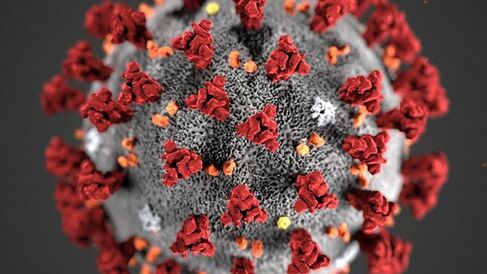Development of multiplex serological assays for evaluation of SARS-CoV-2 immunity

Development of multiplex serological assays for evaluation of SARS-CoV-2 immunity.
Serological tests are essential for us to know what portion of the population has been infected by SARS-CoV-2 as these will detect antibodies that our bodies have made to combat the virus. Antibody response is also important for determination of successful vaccination campaigns. These assays work by using recombinantly-produced proteins from SARS-CoV-2 virus to capture antibodies from serum samples. Infected individuals make antibodies against many of the virus components, with the resulting responses varying significantly in terms of their strength and their quality. It is essential that serological tests utilise the right viral proteins for them to work at high sensitivity and specificity to provide the correct results, reflecting the true status of the individual being tested, as this data is likely to guide government preventative measures and guidance in the future.
As specialists in the production of complicated proteins in E.coli, the Hyvönen Group and their collaborators are developing methods to make many of the SARS-CoV-2 proteins in large quantities and in very high quality in support of serological test development. We are also building libraries of linear epitopes from key immunogenic proteins in the virus, with particular focus on the receptor binding domain, as antibodies against this are likely to be able to neutralise the virus by preventing its entry into cells. Together with Andrew Flewitt (Department of Engineering), we are using these viral proteins to employ so-called FBAR sensor technology for COVID-19 serological tests. We aim to use up to 8 viral antigens in a single-use sensor device which will require only a pin-prick blood sample. If successful, this could result in an accurate and affordable test system that can be deployed in work places, transport hubs and in health care settings. In addition, we are using our peptide library approach to study the effectiveness of vaccine candidates here in the UK and in Brazil.
